
Kód: 01625597
Linguistics and Teaching
Autor Stephanie Wössner
Seminar paper from the year 1999 in the subject English Language and Literature Studies - Linguistics, printed single-sided, grade: 2,0 (B), University of Tubingen (Institute for Anglistics), course: PS I Introduction to Linguisti ... celý popis
- Jazyk:
 Angličtina
Angličtina - Vazba: Brožovaná
- Počet stran: 16
Nakladatelství: Grin Publishing, 2009
- Více informací o knize

Mohlo by se vám také líbit
-

Believe: A Pop-Up Book of Possibilities
517 Kč -

Louvre
2012 Kč -

Comets & Comments
388 Kč -
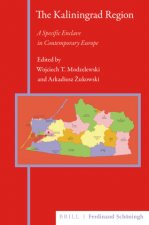
The Kaliningrad Region
2544 Kč -

Stunning Iceland
562 Kč -

Mamma Andersson: Humdrum Days
982 Kč -

Staff Engineer's Path
871 Kč
Dárkový poukaz: Radost zaručena
- Darujte poukaz v libovolné hodnotě a my se postaráme o zbytek.
- Poukaz se vztahuje na celou naši nabídku.
- Elektronický poukaz vytisknete z e-mailu a můžete ihned darovat.
- Platnost poukazu je 12 měsíců od data vystavení.
Více informací o knize Linguistics and Teaching
Nákupem získáte 41 bodů
 Anotace knihy
Anotace knihy
Seminar paper from the year 1999 in the subject English Language and Literature Studies - Linguistics, printed single-sided, grade: 2,0 (B), University of Tubingen (Institute for Anglistics), course: PS I Introduction to Linguistics, 4 entries in the bibliography, language: English, abstract: Grammar is what has always made English a school subject. (Lewis,1993: iii) Jimmie Hill s opinion on English as a school subject is one of the simplest put but most accurate views I have ever come across so far. In this short phrase lies far more than one would imagine at first sight. Its explicit message is, of course, that grammar is a feature of great value for a student learning English and I would never contradict that. However, reading and thinking about this short sentence one comes to understand that there must be far more than that to really be able to communicate in English. In his list of principles Michael Lewis puts it as follows: Successful language is a wider concept than accurate language. (Lewis, 1993: vi)That means that in order to communicate not only grammatical competence is required but that there are other factors which need to be considered when teaching English. A student learning a great amount of grammar will not be able to communicate in English if he isn t, for instance, able to communicate at all, no matter if in his mother tongue or in the language he is newly acquiring because socio linguistic competence communcative power precedes and is the basis, not the product of grammatical competence. (Lewis, 1993: vii) As a consequence, a teacher of English (for Germans) can t only teach grammar to his students and expect them to be able to fluently and correctly speak English but he or she (I will in the following stick to the masculine form only) is also obliged to keep in mind various long term aims which cannot be checked on in the form of a test or an essay. Here arises the question about what a teacher of English might want to know about linguistics in order to provide students with the best conditions for successfully communicating in English especially outside the classroom situation. In which way and to what extent should a teacher make use of his linguistic knowledge though? Should students be made familiar with linguistic theories? Will it be sufficient if a teacher is aware of these theories and lets them slip into his teaching in class on a secondary basis? Or should he just forget about linguistics at all because it is too complicated a field to be used in teaching English to high school students?
 Parametry knihy
Parametry knihy
Zařazení knihy Knihy v angličtině Biography & True Stories Biography: general
414 Kč
- Plný název: Linguistics and Teaching
- Autor: Stephanie Wössner
- Jazyk:
 Angličtina
Angličtina - Vazba: Brožovaná
- Počet stran: 16
- EAN: 9783640442195
- ISBN: 3640442199
- ID: 01625597
- Nakladatelství: Grin Publishing
- Hmotnost: 59 g
- Rozměry: 254 × 178 × 2 mm
- Datum vydání: 17. October 2009
Oblíbené z jiného soudku
-
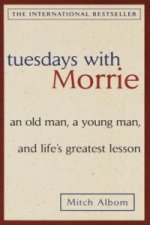
Tuesdays with Morrie
201 Kč -

American Prometheus
337 Kč -

My Family and Other Animals
209 Kč -
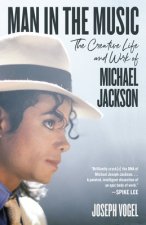
Man In the Music
380 Kč -

Autobiography of Gucci Mane
330 Kč -

I Know Better Now
600 Kč -
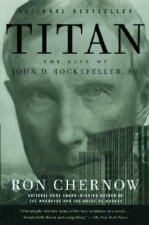
Titan
471 Kč -

Underland
288 Kč -
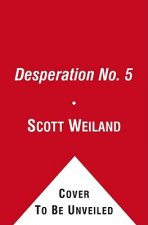
NOT DEAD NOT FOR SALE
360 Kč -

Persepolis I & II
288 Kč -

I Feel Bad About My Neck
258 Kč -

Secret Life of Salvador Dali
517 Kč -

And I Don't Want to Live This Life
352 Kč -
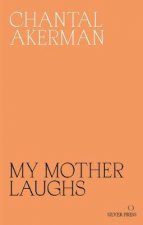
My Mother Laughs
383 Kč -
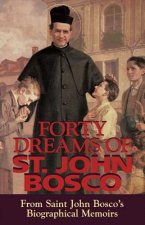
Forty Dreams of St. John Bosco
426 Kč -

Midnight Fishermen
309 Kč -

Wild Swans
347 Kč -

The Other Side of the Coin: The Queen, the Dresser and the Wardrobe
640 Kč -

Real James Herriot
283 Kč -

German Wound Badges in World War II
419 Kč -

Grace and Grit
419 Kč -

Gifted Hands
374 Kč -

CUBE
367 Kč -

Grail Diary
1018 Kč -
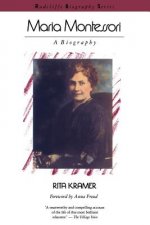
Maria Montessori
568 Kč -

Inside the Third Reich
454 Kč -

Bookseller Of Kabul
318 Kč -

Play, Dreams, and Imitation in Childhood
520 Kč -

Being Here Is Everything - The Life of Paula Modersohn-Becker
380 Kč -
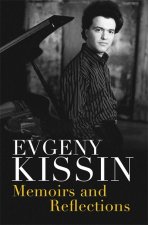
Memoirs and Reflections
334 Kč -
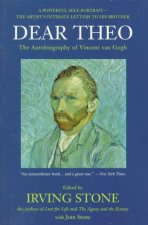
Dear Theo
356 Kč -

Arctic Adventure
693 Kč -

My Reminiscences of East Africa: The German East Africa Campaign in World War One - A General's Memoir
483 Kč -

Diaries of Paul Klee, 1898-1918
1068 Kč -

Sam Walton
220 Kč -

The Diaries of Franz Kafka
356 Kč -

Inspire
283 Kč -

Life With Picasso
381 Kč -

Bad as I Wanna Be
219 Kč -

Becoming Myself
396 Kč -

Steve Jobs
786 Kč -

Very Easy Death
306 Kč -

Double and The Gambler
356 Kč -
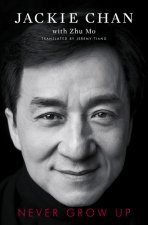
Never Grow Up
269 Kč -
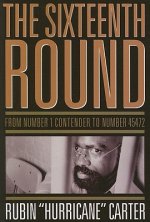
Sixteenth Round
363 Kč -

Yeager
204 Kč -

When I Stop Talking, You'll Know I'm Dead
356 Kč -

Wolf of Wall Street
415 Kč -

Cicero
410 Kč
Osobní odběr Praha, Brno a 12903 dalších
Copyright ©2008-24 nejlevnejsi-knihy.cz Všechna práva vyhrazenaSoukromíCookies



 Vrácení do měsíce
Vrácení do měsíce 571 999 099 (8-15.30h)
571 999 099 (8-15.30h)